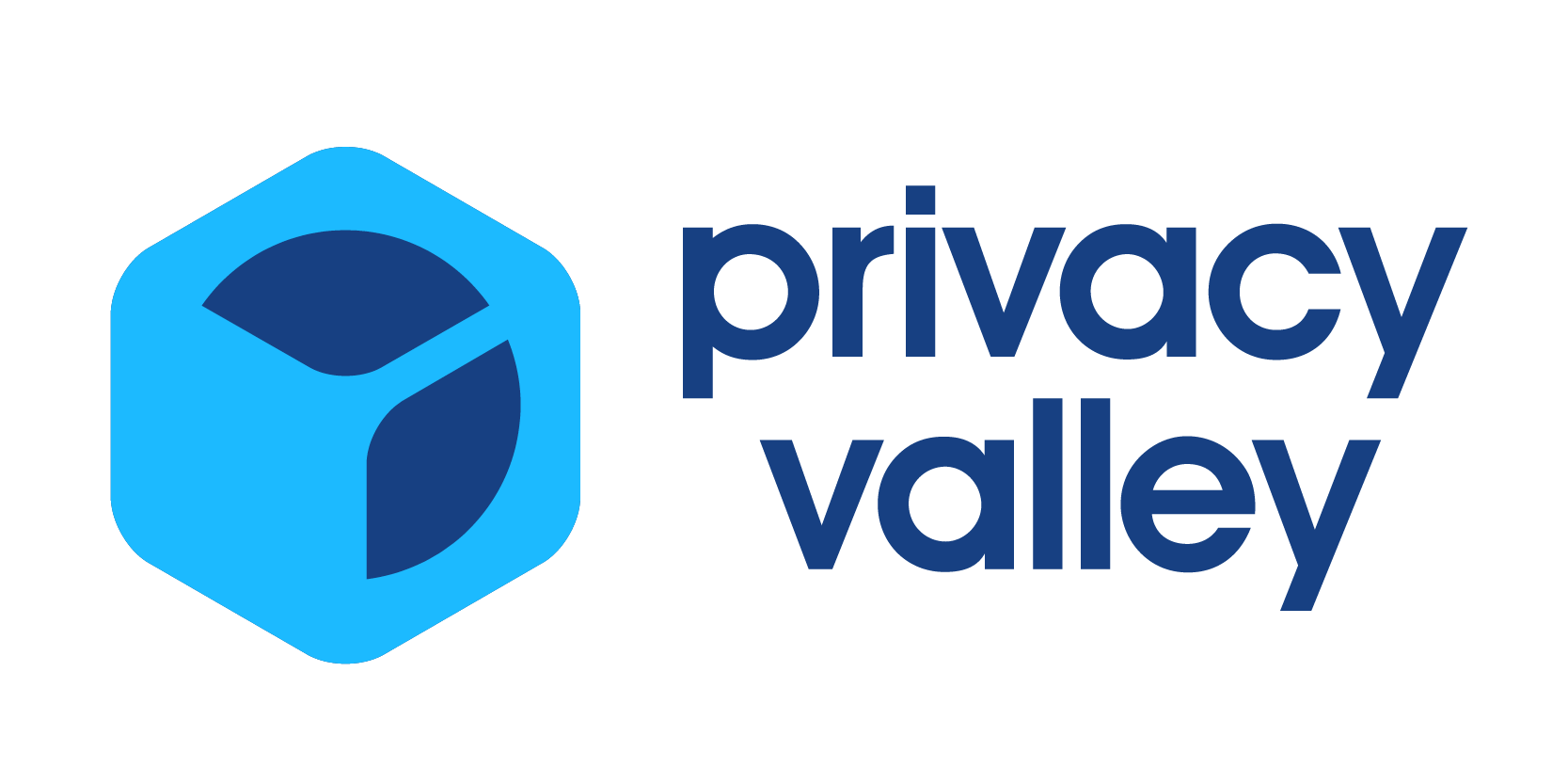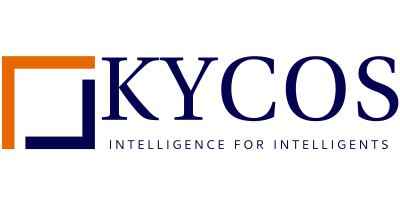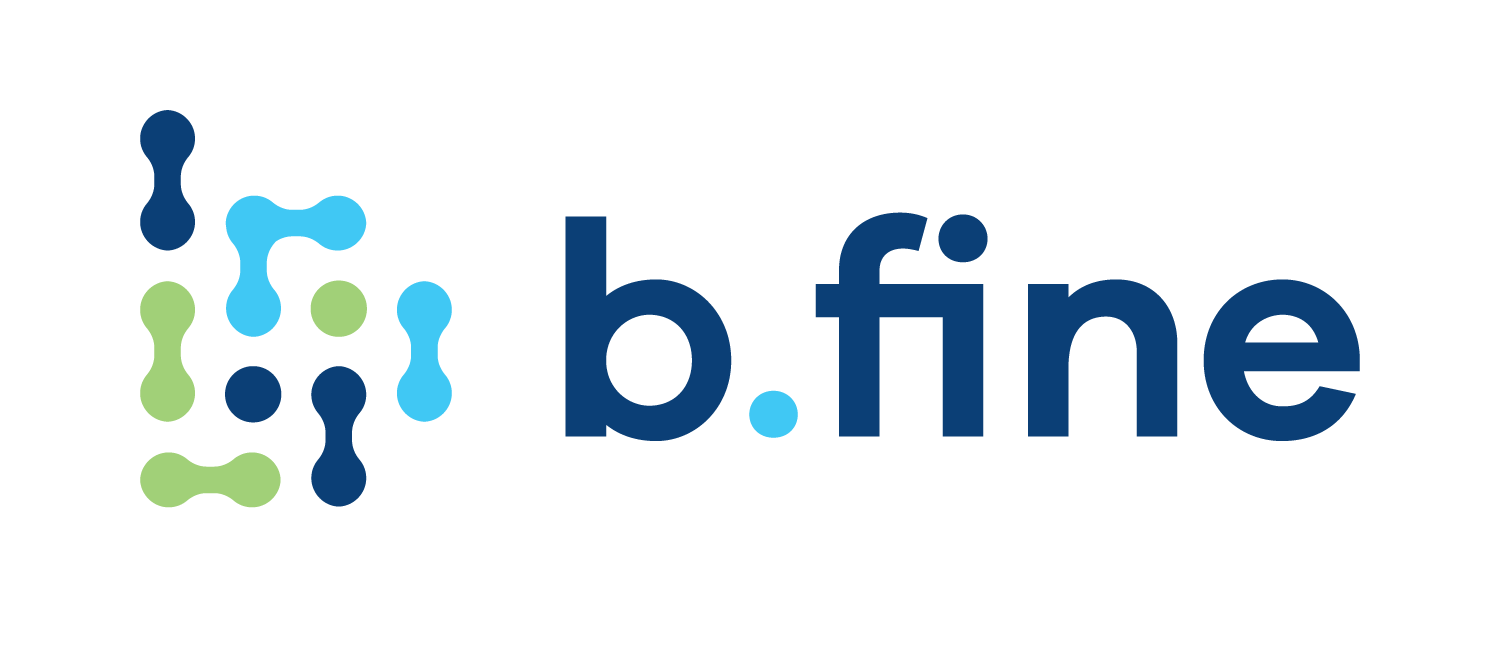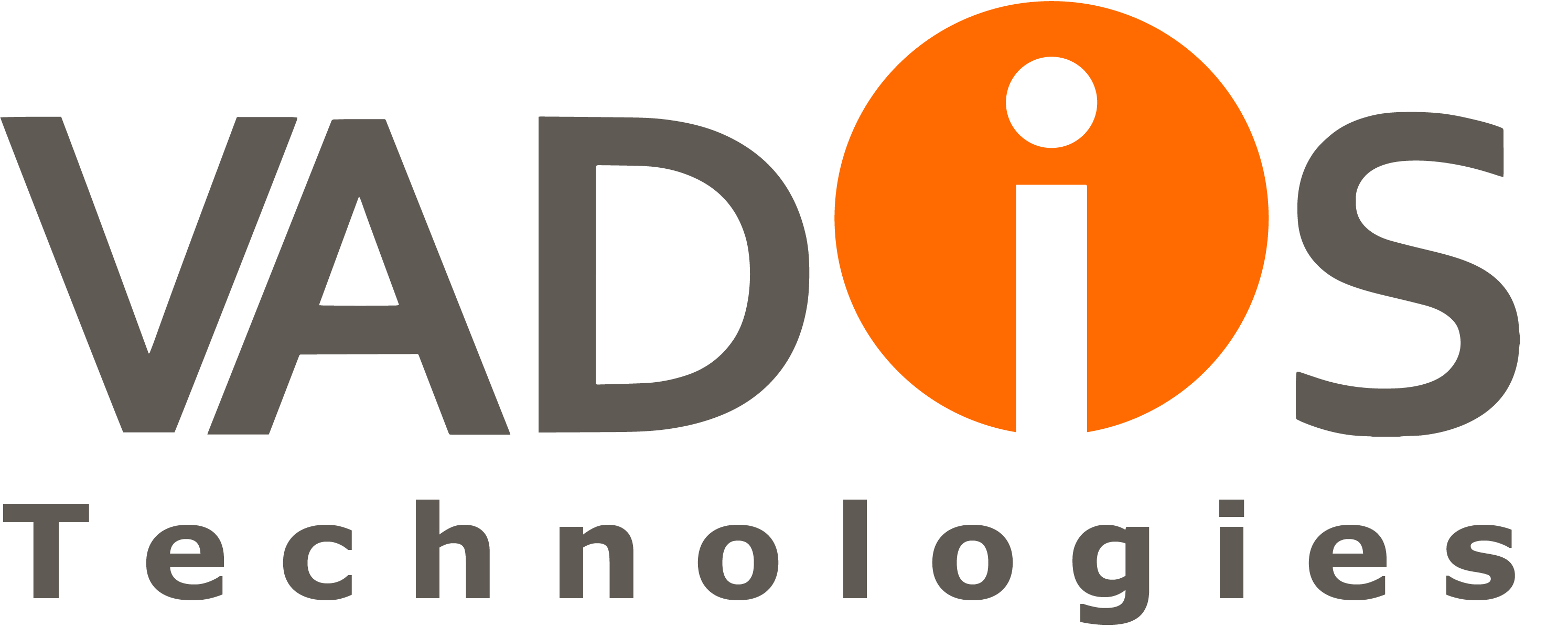In a recent survey conducted by Apiax, nearly two-thirds of participants said they did not expect their compliance budgets to increase and their compliance teams to grow within 12 months —despite being aware of increasing regulatory uncertainties. Understandably, nearly 60 percent explained they were looking for ways to improve the efficiency of their compliance departments. But how? This article will help outline the evolution of RegTech, explain where the scene is now, and convey what the future holds for the industry.
Most legal and compliance processes have been, and still are, paper-based. Manuals and guides circulate in paper form and find their way onto the desks of business stakeholders who seek answers to pressing regulatory questions. Usually, these manuals are followed by regular compliance training, which often results in the completion of undemanding assignments. From this, business stakeholders are expected to generate usable compliance insights, which are often beyond their grasp, culminating in fines and penalties.
In the earlier stages, RegTech offered digitized solutions to solve the explained problems by replacing paper-based manuals with so-called digitized knowledge, which was usually not much more than a collection of PDF files available on the intranet. Neither the structure nor the usability of these resources had improved, and yet they were called “digital” simply because they were in PDF format. Needless to say, this did not improve much. In recent years, RegTech has improved a significant amount and showed its vast potential.
That said, today’s scene is dominated by isolated solutions. These solutions offer real benefits of digitization, such as AI-supported scanning of regulatory changes, but still remain limited in their scope. Most RegTech solutions on the market today offer selective solutions to very specific problems, which often deal with narrowly defined regulatory issues. Usually, these solutions are used in the back office, rather than in the front, and tend to be more interesting from a digital transformation perspective than from a business perspective.
At Apiax, we believe that the focus needs to shift from point solutions for specific problems to solving the real challenge of digitizing compliance. To which we set out to answer: How can regulatory knowledge be translated into a digital format and made easily accessible to anyone who needs it? In our view, the real mission of RegTech is to translate complex regulatory requirements into binary ‘yes’ and ’no’ —and thus directly applicable— reliable answers. Especially for recurring questions, that frequently occur in the financial industry, to which solutions already exist. And, while the financial industry is certainly a good starting point for the development of this technology, the goal must be to provide answers to all important regulatory questions across all heavily regulated industries.
The conversion of written regulations into digital compliance knowledge, and it’s easy accessibility for everyone, fulfill the true potential of RegTech. What this ultimately enables is a seamless harmonization of company tasks with regulatory boundaries; thus creating a world that is regulated that still allows for flexible business transactions.











